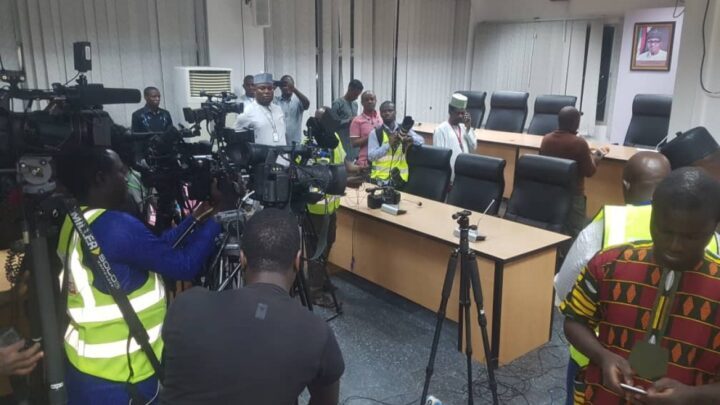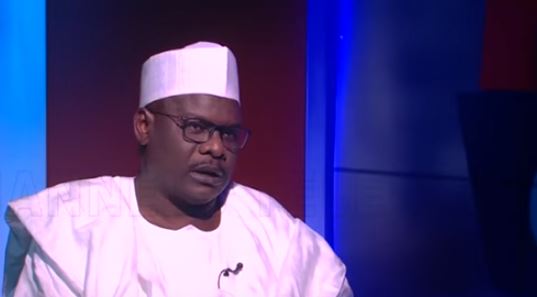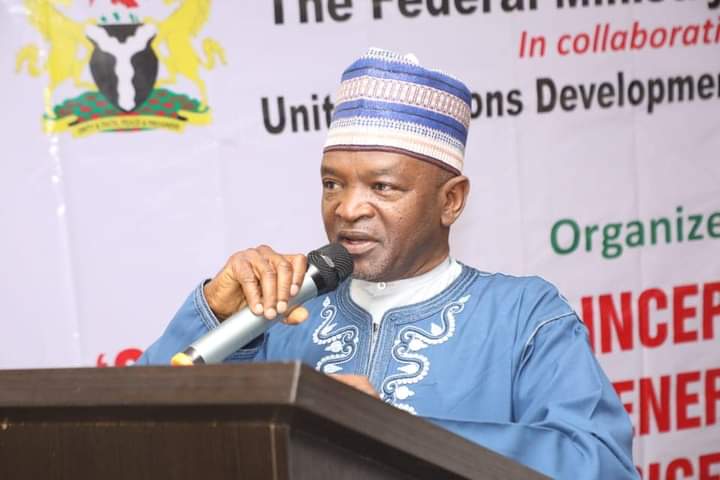Media stakeholders under the Nigerian Press Organisation (NPO) have kicked against the proposed amendment of the Nigerian Press Council (NPC) act over some provisions they described as unconstitutional.
The bill, which seeks to repeal and re-enact the NPC act, was considered at a public hearing organised by the house of representatives committee on information, national orientation, ethics and values on Thursday.
The NPO, an umbrella body of the Newspapers Proprietors Association of Nigeria (NPAN), Nigerian Guild of Editors (NGE) and Nigerian Union of Journalists (NUJ), argued that some of its provisions threaten press freedom.
Azu Ishiekwene, a member of the NPO delegation, said almost half of the 39 clauses in the bill contained unconstitutional regulations capable of stifling journalism practice.
Advertisement
Ishiekwene said the NPO had challenged the clauses up to the supreme court, and that continuing with the amendment would amount to preempting the court on the matter.
“It is a matter that has been pending in court since 1999 but the first decisive ruling in the matter came in 2010 when the high court ruled that 17 out of the 39 clauses in the bill were unconstitutional,” he said.
“The federal government appeal and got a ruling in December 2010. That ruling was again appealed by the NPO and it is pending at the supreme court.
Advertisement
“If you make a law now that binds the hands of the legislation or tilts the legislation one way or the order you are preempting the outcome of what the court is going to do.”
Stakeholders at the hearing also spoke about how the proposed amendment does not give room for the courts to consider some cases before “highly punitive measures are” are taken by the council
According to Lanre Arogundade, executive director of IPC, “the provision of 3 (d) constitutes a potential threat to press freedom and media survival as it does not provide for judicial intervention before highly punitive measures are handed down by the council and indeed could be used as a political weapon against the media.
“The section provides for penalties and fines against violation of the press code by print media houses and media practitioners, including revocation of license.
Advertisement
“Section 17 (3) (a) & (b) provides that a journalist could be held liable for the offence committed by his or her organisation and can be made to pay a fine of N250,000.”
Arogundade added that another “punitive” clause is in section 21 (5) (a) whose amendment is such that “a journalist can be punished by the council even after he/she might have been found guilty by a court of law and without the council going back to the court to report continued infringement.”
“Section 33 (3) and (4) does not give room for retraction or apology where a fake news is mistakenly published but recommends a blanket sanction of up to N10 million or closure for a period of one year,” he said.
However, Francis Nwosu, executive-secretary of the NPC, commended the amendment of the bill and recommended that the council should also be empowered to regulate online print media.
Advertisement
Add a comment






